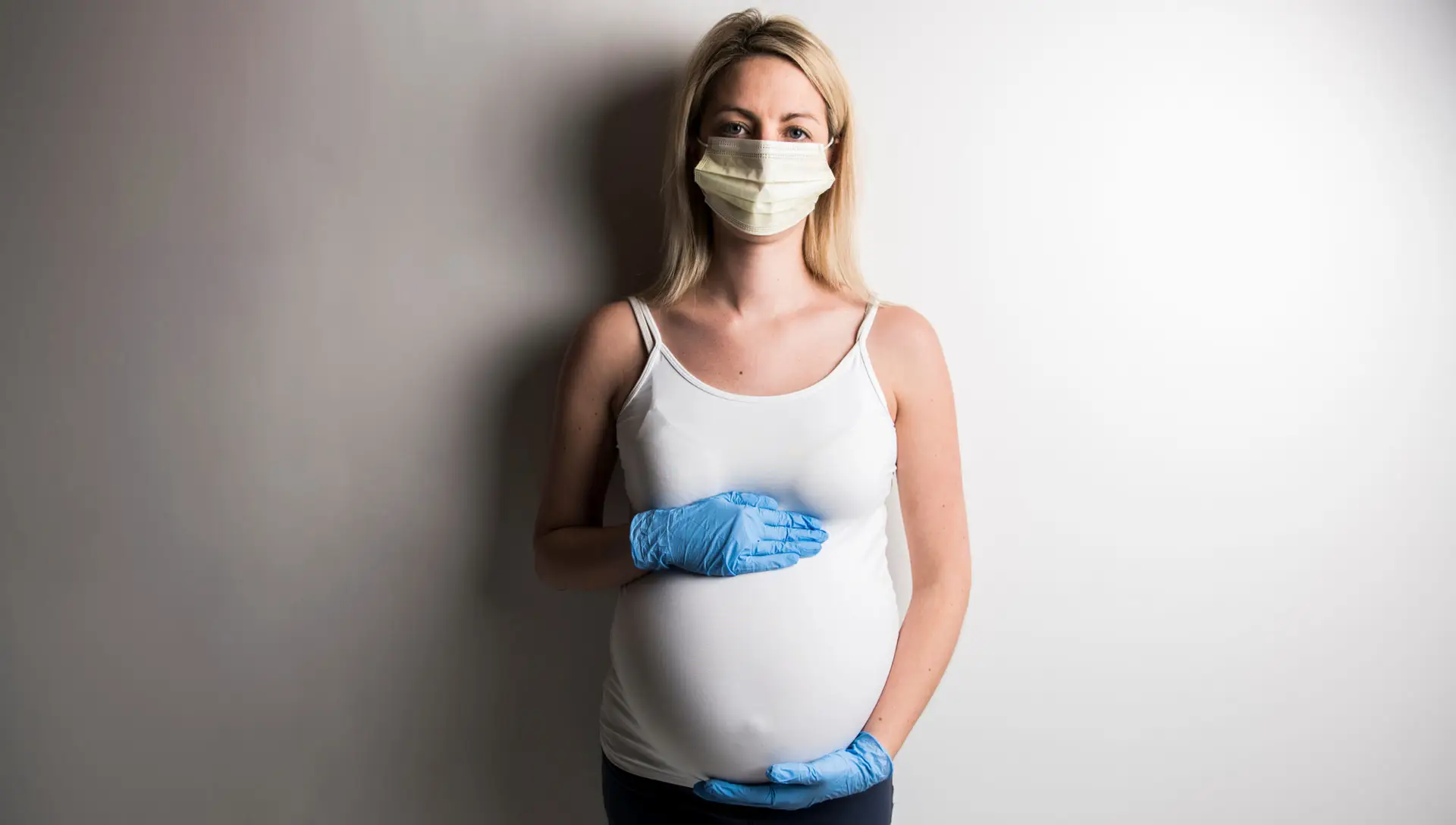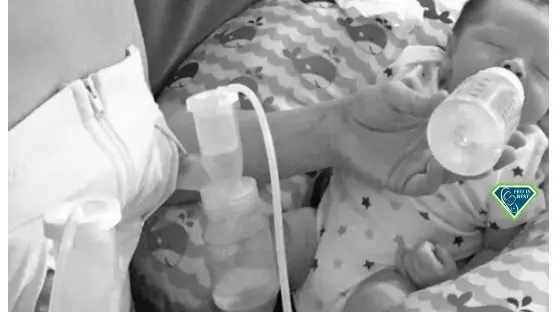We know everyone’s anxiety level is very high right now because of the uncertainly of delivering your baby during the COVID-19 pandemic. Our goal is to provide real-life experiences of nurses who are taking care of people in labor and postpartum so that parents can have an idea of what to expect when delivering their babies.
The most recent guidelines released by the AAP, CDC, and ACOG apply to babies in the U.S.A.
Since these guidelines are different from the WHO guidelines and parents have been receiving mixed messages and are asking for clarification. We want to clarify the recommendations for parents so they can be fully informed of their choices. Generally speaking, parents who live in developed countries such as the USA have access to breast pumps, clean water, masks, cleaning supplies, and formula. The science-based recommendations are based on these choices.




